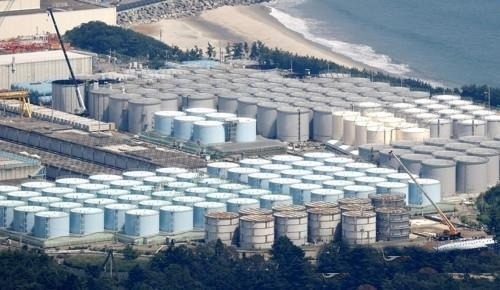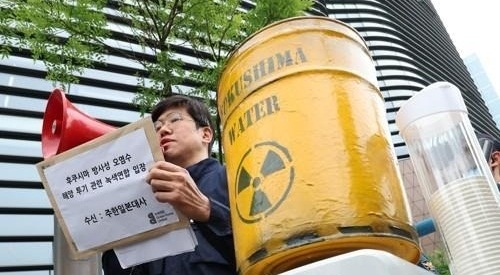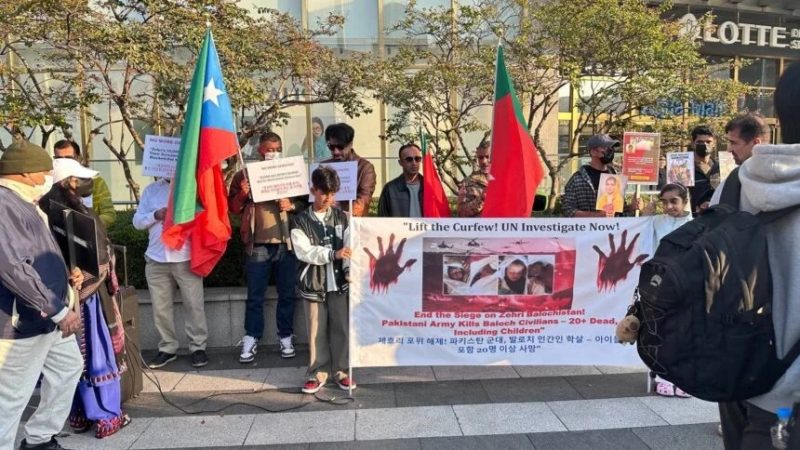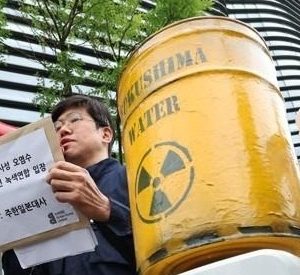For the purpose of measuring the level of dilution, the mixture is kept in a pit known as a discharge vertical shaft….reports Asian Lite News
Japan’s Fukushima nuclear plant has begun the release of second batch of its treated and diluted water into the sea, NHK World reported.
Tokyo Electric on Tuesday started to prepare for the second round of water release by adding around 1,200 tonnes of saltwater to one tonne of purified water.
For the purpose of measuring the level of dilution, the mixture is kept in a pit known as a discharge vertical shaft.
The tritium level was determined to be between 63 and 87 becquerels per litre, significantly below both the utility’s own guideline of 1,500 becquerels and Japan’s environmental discharge requirement of 60,000 becquerels, according to Japan-based media publication, NHK World reported.
The second release began at 10:18 a.m (local time) today.
On August 24, Tokyo Electric Power Company began the first round after diluting the treated water to lower tritium to around one-seventh of the World Health Organization’s drinking water quality advisory limit.
As scheduled, the release was finished on September 11.
Within three kilometres of the facility, the seawater samples had a maximum tritium concentration of 10 becquerels per litre, which is much lower than the 700 becquerels required to cease the release.
This time, Tokyo Electric intends to release 7,800 tonnes of treated water over the course of 17 days from 10 tanks. The sum is the same as it was in the preliminary round, NHK World reported.
By the end of March, 40 tanks containing about 31,200 tonnes of treated water is expected to be discharged.
It was in August this year that the Japanese government had announced that it would begin discharging the water used to cool melted nuclear fuel at the plant that has been treated through a state-of-the-art liquid processing system capable of removing most radionuclides, except tritium.
In April 2021, Yoshihide Suga, Kishida’s predecessor, gave his approval for the water release into the Pacific Ocean “in about two years”.
While several European nations have relaxed import restrictions on Japanese food, China has instituted blanket radiation testing on its neighbour’s seafood exports in an apparent effort to persuade Tokyo to abandon its plan, causing diplomatic strain.
Beijing has been opposed to the proposed water discharge for years, refusing to adopt the pseudo-scientific term “treated” to minimise the dangers of the “nuclear-contaminated water,” according to Kyodo News.
Local fishermen in Japan have opposed the water release proposal because they fear it will further damage the reputation of their seafood goods.
Since the nuclear disaster, water has been stored at the site in more than a thousand tanks. It has been treated using an advanced liquid processing system, which is thought to be able to remove all radionuclides but tritium.
Tokyo Electric Power Company Holdings Inc., the facility’s operator, has asserted that the tanks are getting close to capacity and may approach their maximum as early as 2024 if the operator doesn’t start releasing the treated water. (ANI)











